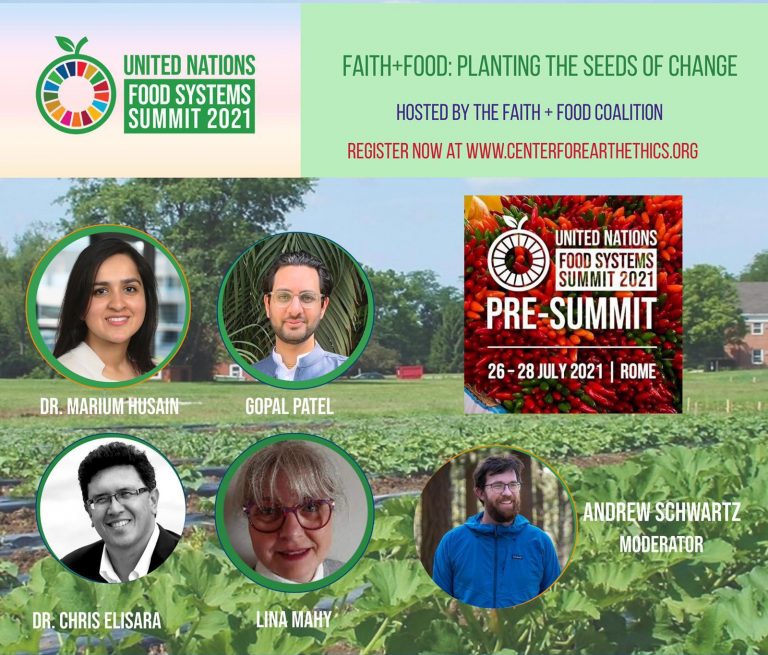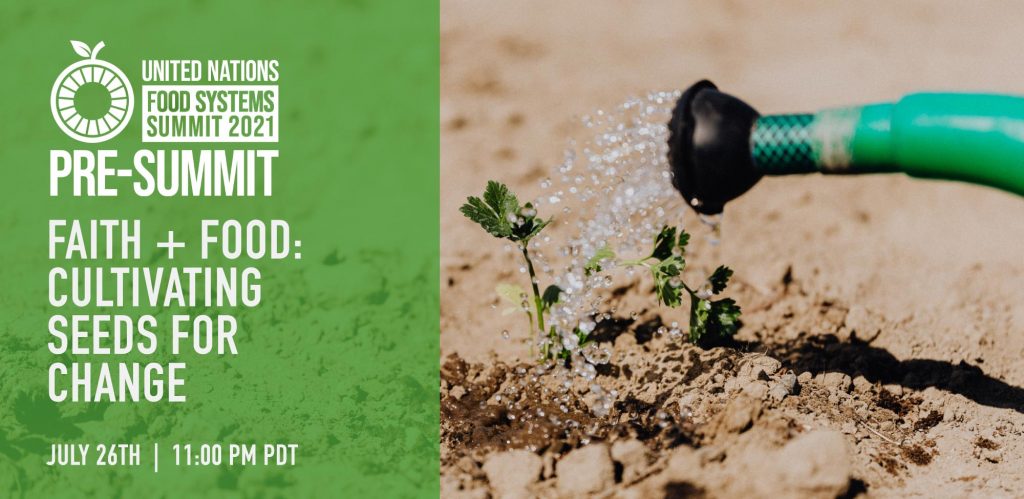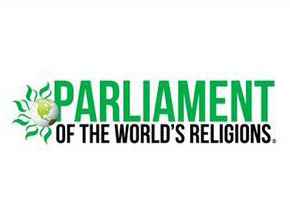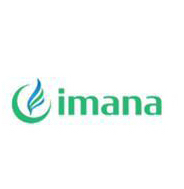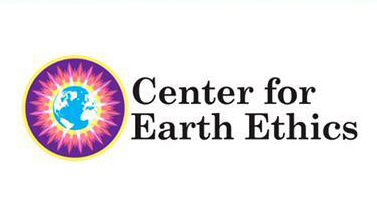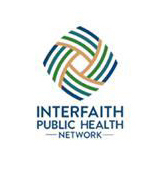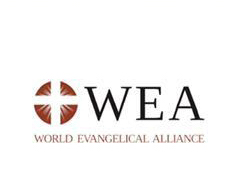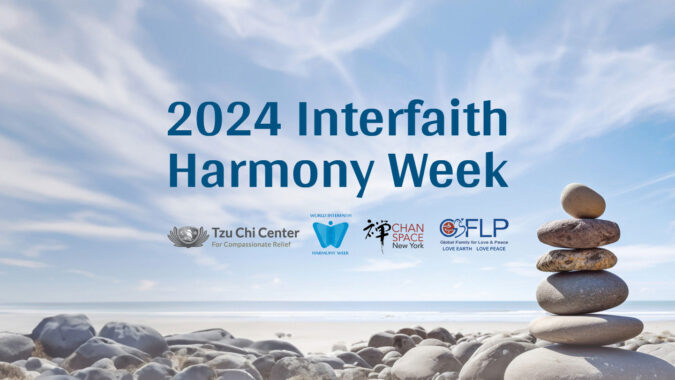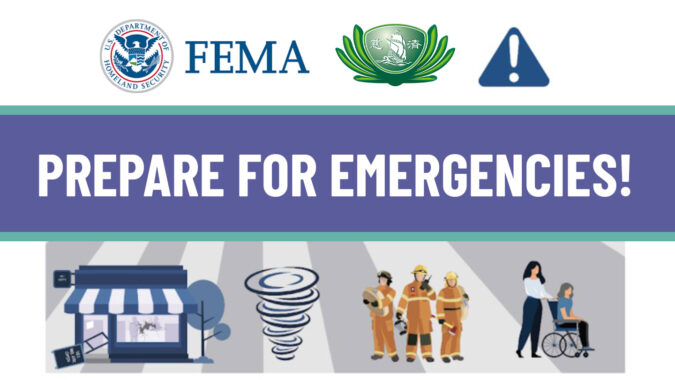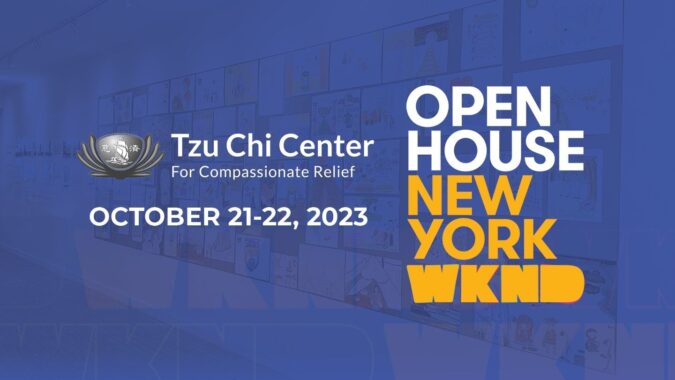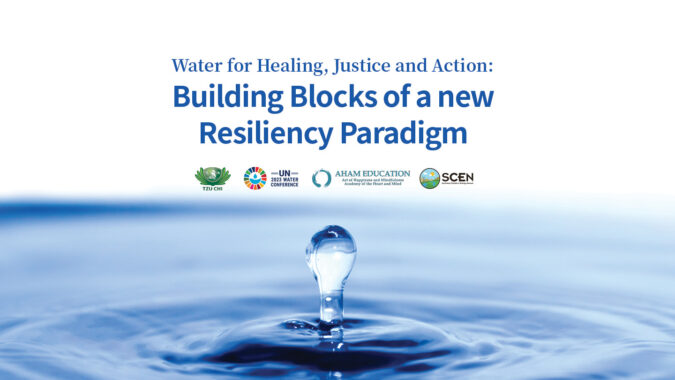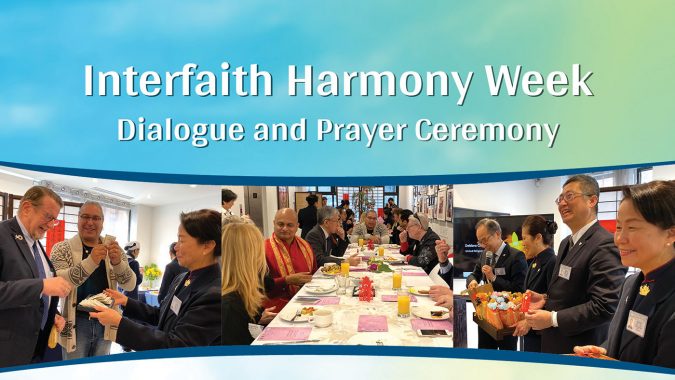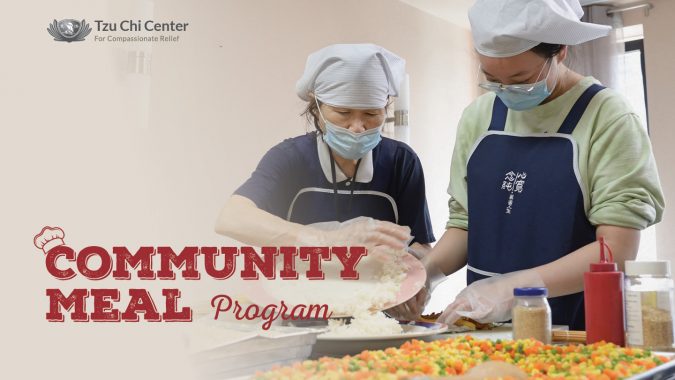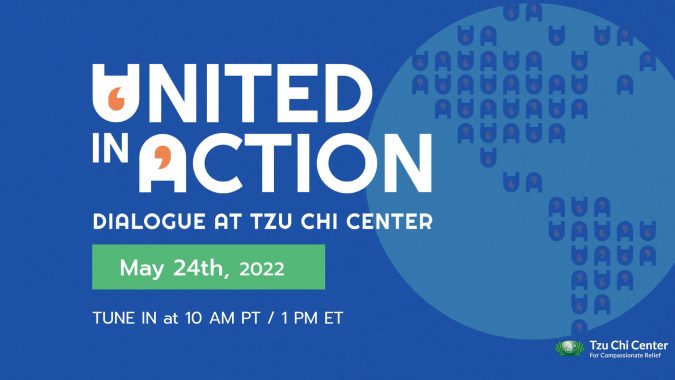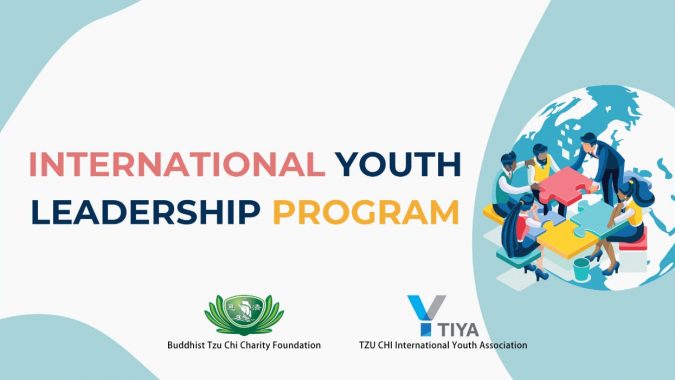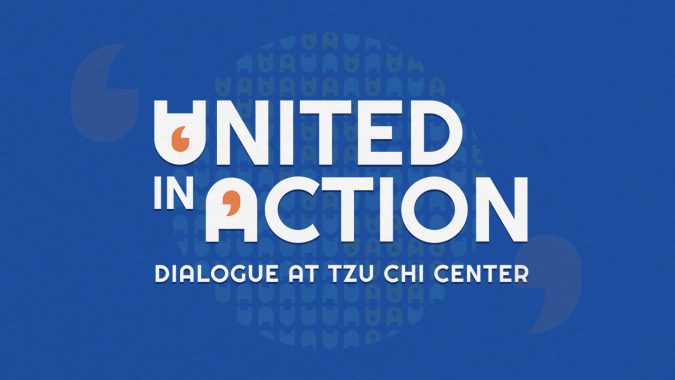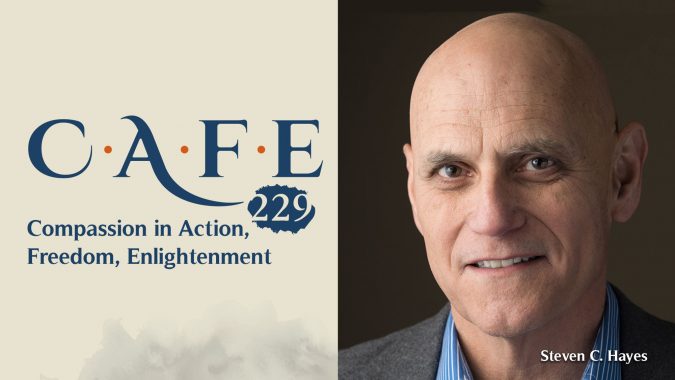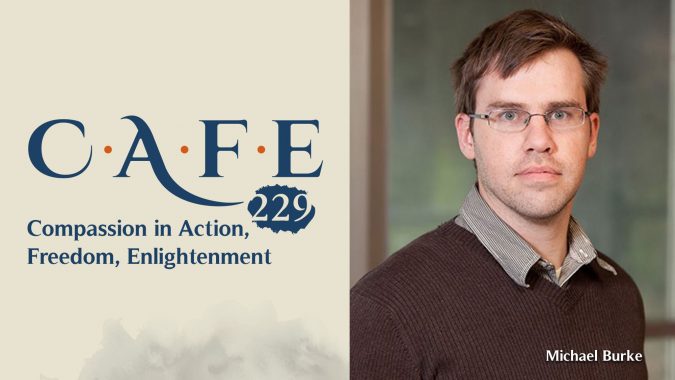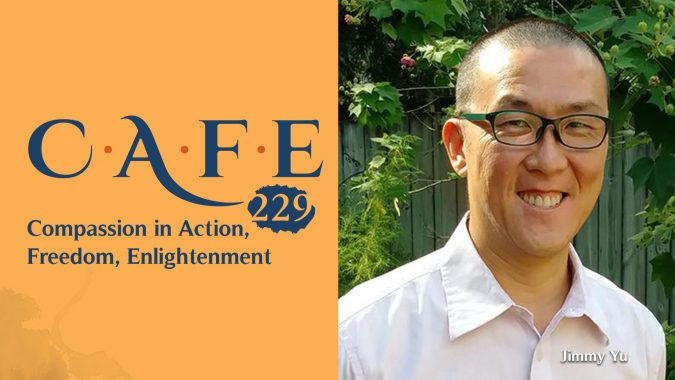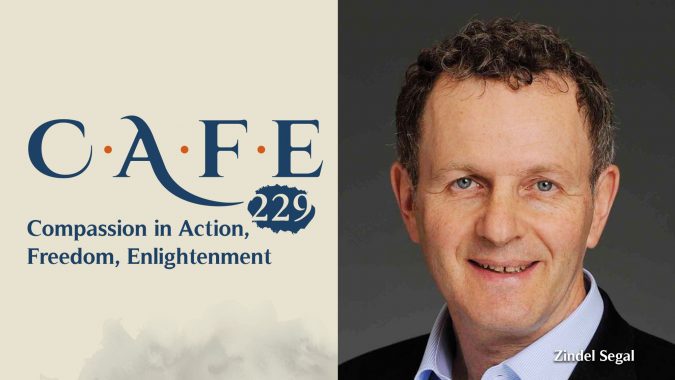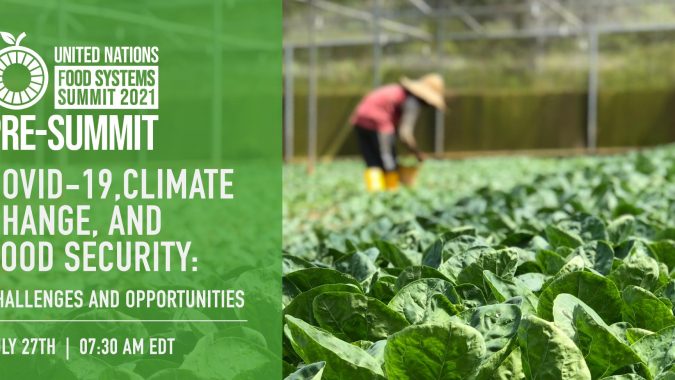Date: Wednesday, 26 July, 2021
2:00 AM EDT (27 July) | 1:00 AM CDT (27 July) | 11:00 PM PDT
To contribute to the UN Food Systems Summit, the Faith + Food Coalition (FFC) hosted five separate interfaith, multi-stakeholder dialogues corresponding to each of the five Action Tracks. Engaging faith and Indigenous communities in productive dialogue is essential to shifting global worldviews towards food and the natural world. In this session, we will submit Calls to Action, review relevant findings, and signal what points of emphasis we would like to see at the Food Systems Summit. Additionally, the session will look at what comes next once the Food System Summit concludes.
Healthy and Nutritious Food: Commoditized diets of processed foods and beverages high in calories, fats, sugars and salt and large amounts of meat produced industrially are triggering worsening worldwide health epidemics, ranging from hunger and undernutrition to obesity and diet-related NCDs. How can faith leaders, advocates, governments, and the private sector work together to bring about safe, healthy, sustainable and affordable diets?
Empowering Women and Girls: Countless studies demonstrate that when women have more access to income and education, the entire household experiences positive impacts, especially improved food consumption behaviors. What steps can faith communities take within and external to their communities to elevate women leaders in food production/consumption and support women’s rights and access to education and jobs?
Systemic Racism and Inequality: Food deserts and food insecurity often are functions of profit driven models that select which communities to serve and what kinds of food to provide. How can faith traditions help deconstruct institutionalized structures of racism that limit accessibility to nutritious foods and foster food insecurity?
Supporting Smallholders: Global food production is disproportionately reliant upon large scale operations that sequestered nearly 50% of food production to six primary to six growing locations. This model unbalances the food system away from food sovereignty and agroecology, both of which are cornerstones for cross-beneficial food systems transformations. What will it take to balance our food systems to support smallholder and localized food production?
One Health: Prevailing economic structures and business models allow for externalized damages to land, water, air, and non-human beings. The resulting pollution has poisoned natural habitats and is tied to myriad health problems. How can faith traditions help integrate a One Health approach into food systems, similar to Indigenous traditions?
What are the impacts of our global food systems on people and the planet? What can we learn from Indigenous communities and traditional food practices? How can a respect for faith and values make food systems more healthy, sustainable, and equitable?
To help answer these questions, the Faith + Food Coalition will host “Faith + Food: Planting Seeds for Change” on July 26, 2021 at 11 p.m PDT. This global online forum will present the Coalition’s findings and recommendations to improve food security and access in conjunction with the United Nations Food Systems Pre-Summit in Rome. The Pre-Summit—which will engage policymakers, advocates, NGOs, healthcare leaders, and others from around the world—is part of the lead up to the UN Food Systems Summit on September 24 in New York.
Speakers
- Dr. Marium Husain – President, Islamic Medical Association of North America & Hematology/Oncology Fellow at the Ohio State University Wexner Medical Center.
- Dr. Chris Elisara – Director, WEA Creation Care Task Force & Senior Fellow at the Ormond Center, Duke Divinity School
- Gopal Patel – Co-Founder and Director, Bhumi Global
- Lina Mahy – Technical Officer, Multisectoral Action in Food Systems Unit (AFS), Department of Nutrition and Food Safety (NFS), World Health Organization
- Andrew Schwartz (host/moderator) – Director of Sustainability and Global Affairs, Center for Earth Ethics
